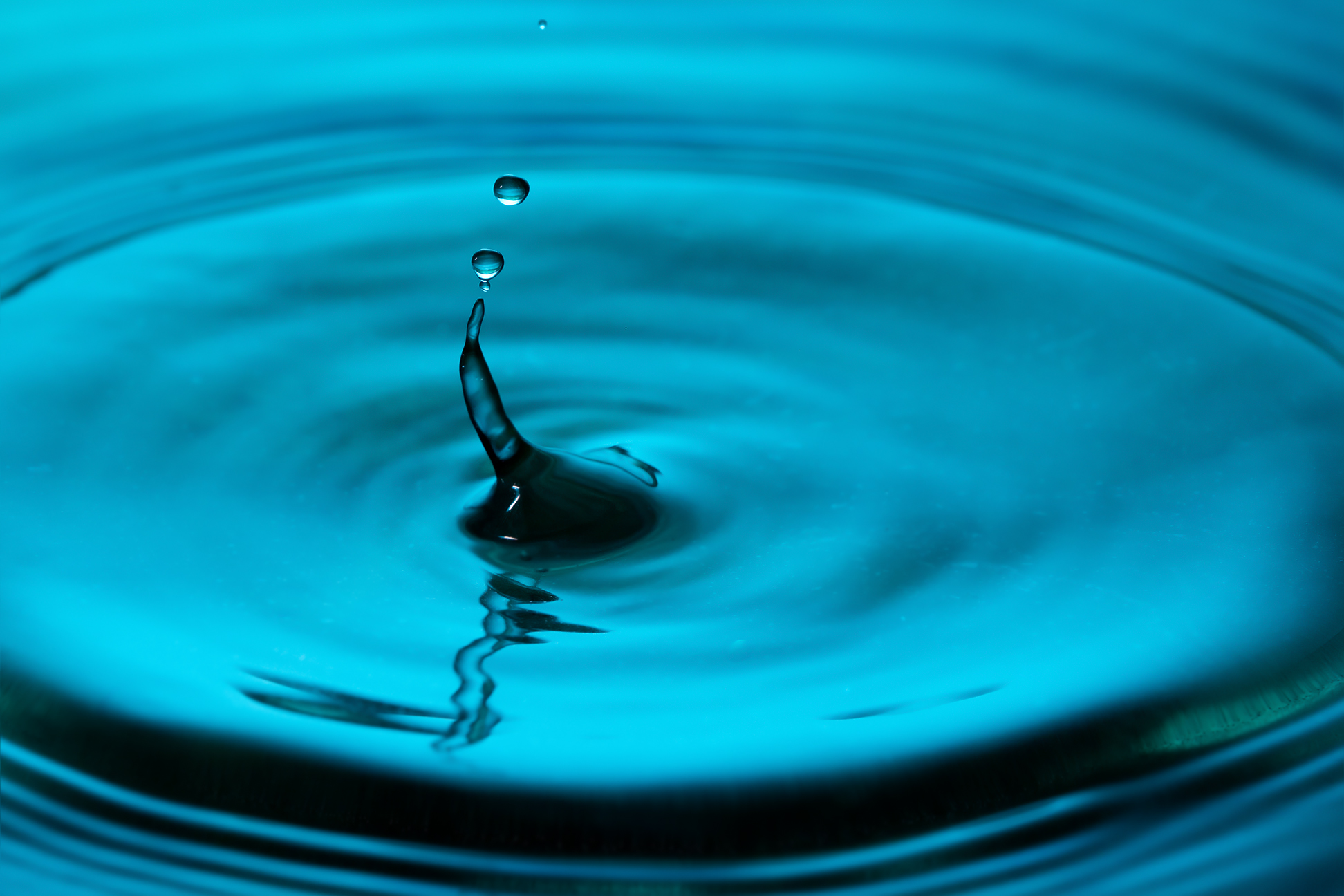Do you want a safe and effective skin whitening treatment? In this article, you will learn ingredients used in Royal Expert White that are safe to use and still effective.
Jojoba Oil
Jojoba Oil is an unusual oil as it is a liquid wax with a distribution similar to the skin's own sebum. It has moisturisation properties and also soothes, brightens and protects the skin.
Jojoba Oil contains many important nutrients, vitamins, and minerals. In addition to acne, Jojoba has traditionally been used to treat cold sores, athlete's foot, and warts.
Aloe barbadensis
Aloe barbadensis leaves are commonly known as aloe vera. Aloe is best known for its cooling properties, as it is used to help heal sunburns. What is little known is that aloe protects the skin from UV damage. Aloe contains aloin, which can block up to 30 percent of the ultraviolet rays when applied generously to the skin's surface.
Niacinamide
Also called niacinamide, vitamin B3 is one of several topical vitamins that has been studied in order to identify its potential benefit to the skin.
Because topical application of niacinamide can help preserve levels of NADH and NADPH, it contributes to the support of the skin’s barrier against pollutants and other irritants. As a result, many skin conditions, such as acne, the redness associated with rosacea, and other inflammatory signs can be actively managed. Also, vitamin B3 has shown to be useful for encouraging the production of natural emollients that can help the skin remain hydrated.
Aqua
Deionized water, also known as demineralized or de-ionized water, is water that has had its mineral ions removed, such as cations from sodium, calcium, iron, copper and anions such as chloride and bromide. Deionization is a physical process which uses specially-manufactured ion-exchange resins which bind to and filter out the mineral salts from water. Because the majority of water impurities are dissolved salts, deionization produces a high purity water that is generally similar to distilled water.
Deionized water is similar to distilled water, in that it is useful when impurities are considered undesirable, such as in skin care. The lack of ions causes the water's resistivity to an electrical flow to increase. Ultra-pure deionized water can have a theoretical maximum resistivity up to 1000 times greater than common tap water. This means that pure deionized water is theoretically up to 1000 times more soluble than common tap water – and is a good solvent in skin care products.
Petrolatum
Petrolatum is mineral oil jelly (i.e. petroleum jelly). It is used as a barrier to lock moisture in the skin in a variety of moisturizers.
Acetyl Hexapeptide
Acetyl hexapeptide-3 is a synthetic anti-wrinkle cosmetics ingredient. It is a peptide which is a fragment of SNAP-25, a substrate of Botulinum toxin (Botox). Acetyl hexapeptide-3 is marketed as Argireline by the Barcelona-based research laboratory Lipotec.
Argireline is used in attempts to decrease the visible effects of aging by reducing the deep wrinkles and lines that occur around the forehead and eyes.[1][2]
Chemically, when applied as a solution to specific areas of the face, Argireline inhibits the reactions that cause muscles to move or contract[1] – for example when forming facial expressions such as smiling or frowning.(http://en.wikipedia.org/wiki/Acetyl_hexapeptide-3)
Propylparaben
Propylparaben may also be called propyl paraben; it is the propyl ester of p- hydroxybenzoic acid. This is naturally derived from plants, as well as a few different types of insects; it is also manufactured synthetically for many industries such as the personal skin care and cosmetic industries. This chemical is a preservative and a food additive.
Propylparaben is considered an indispensable ingredient in many personal care products because of its ability to improve the shelf life and the quality of skin care and hair care products.
There are no noted side effects in using products with Propylparaben as the main ingredient. There are no major side effects as well in ingesting food products with this chemical as a preservative. (http://www.naturalwellbeing.com/learning-center/Propylparaben)
Zinc oxide
Zinc oxide is a topical skin product that is used as a protective coating for mild skin irritations and abrasions. It can promote the healing of chapped skin and diaper rash. Zinc oxide works as a mild astringent and has some antiseptic properties.
Mineral oil
Mineral oil works as a barrier between the skin and the air. It acts as an occlusive agent, which means it prevents water from leaving your body through your skin. It will not dry out your skin or cause premature aging. The truth is mineral oil is one of the best skin care ingredients available.
The mineral oil that is used in the cosmetic and pharmaceutical industry is highly refined and purified (its purity is even regulated by the FDA and other international regulatory agencies).
Learn more about the product here...





